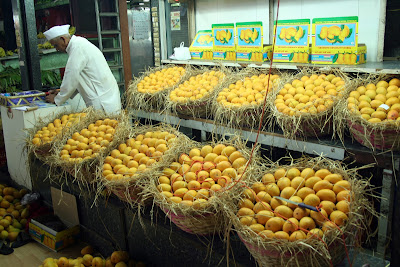The human race is obsessed with thought. All throughout the
day we are thinking thousands of thoughts and the mental chatter never stops. We are either thinking about past
events or are imagining about the future and this is the delusion.
In fact there is no such thing as past and no such thing as future.
These are mental constructs which have no significance or basis. When thinking
about past events and happenings we try to make an image out of what we went
through and how people treated us and when we think about the future we are
thinking about what we can achieve or become-basically about salvation.
Past and Future are constructs of the mind and they do not
exist .That means we are continuously living an illusion, we are not facing
life as it is. There is only one reality and that is the Present. Whatever
happens happens in the present and the present is all there is everything else
are just thoughts, memories and imagination.
To be present means you are responsive to the present moment.
Not just the content of the present but to the presence and spontaneous
existence of the present. Now is all there is and there is nothing else. We if
we stay rooted in the present we will face life as it is.We will experience the
brilliance and exuberance of the present moment.
Whatever happens…happens in the Now so be totally anchored
in the now. While dealing with our colleagues we often think about the past
that is how they treated us or what they said or did in the past and this dents
our relating and relationships with them.
When you meet a colleague or a friend always be rooted in
the present moment. Don’t Judge…don’t expect …just share you presence with
everyone.
The moment we understand that thought is the delusion and
you are not the thinker we are freed from the chains of past and future and we
start dwelling in the magnificence of the present moment.
By:
Siddharth Anand
Faculty, INLEAD










